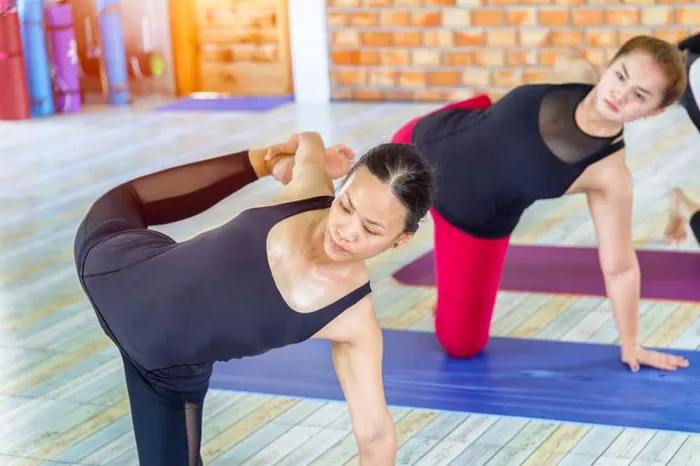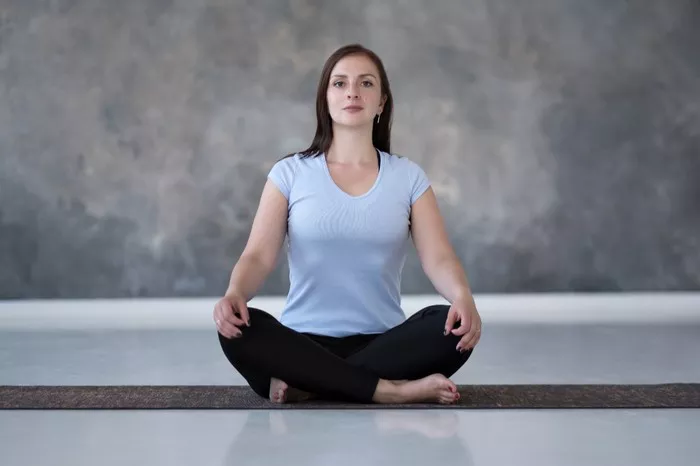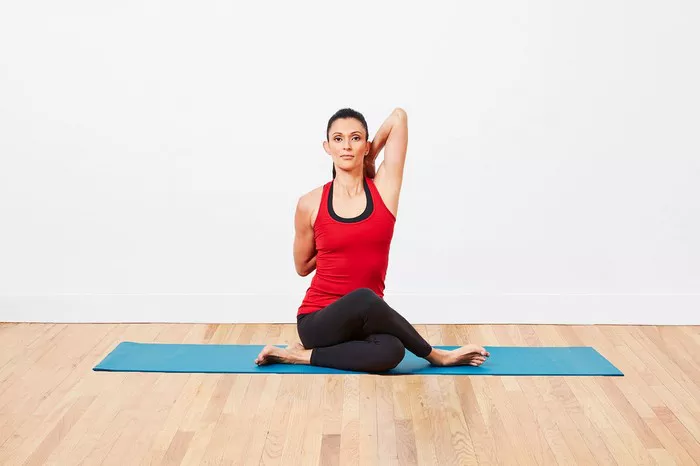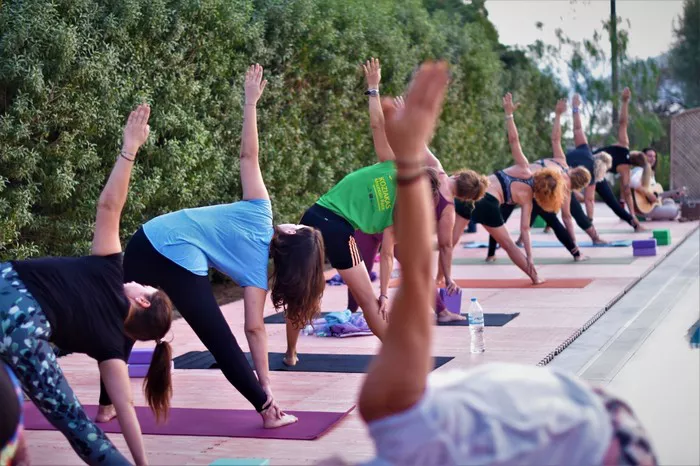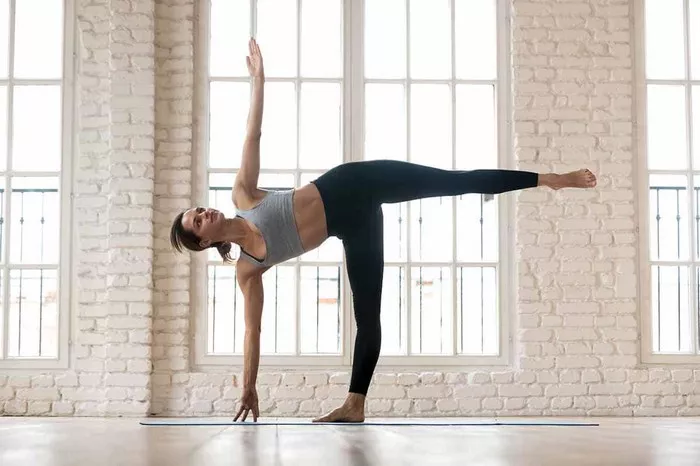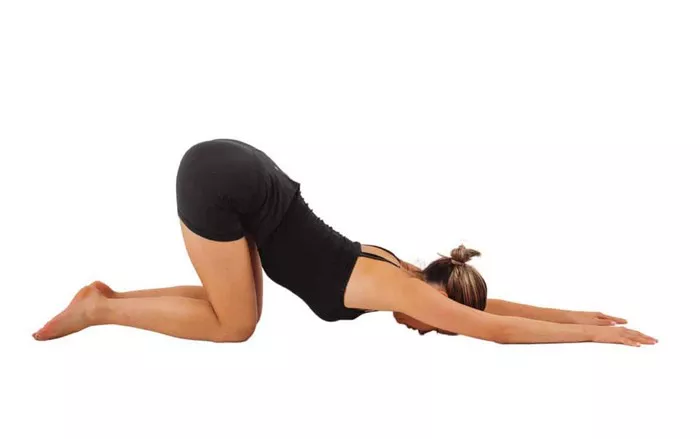In recent years, yoga has evolved beyond its traditional forms into various specialized practices tailored to meet modern lifestyle needs. One such adaptation gaining popularity is functional yoga. Unlike conventional yoga, which often focuses on static postures and spiritual aspects, functional yoga places a strong emphasis on practical movements that enhance daily life functionality. This approach not only improves physical fitness but also cultivates a deeper mind-body connection, making it a valuable tool for individuals seeking holistic wellness in today’s fast-paced world.
Origins and Principles of Functional Yoga
Functional yoga draws its principles from functional movement, a concept rooted in physical therapy and biomechanics. It is founded on the idea that movements should serve a purpose beyond just fitness—they should improve how we perform daily activities and prevent injuries by correcting movement patterns. This principle aligns closely with the ethos of yoga, which traditionally seeks to harmonize body, mind, and spirit.
The origins of functional yoga can be traced to the need for yoga practices that cater to modern lifestyles characterized by prolonged sitting, repetitive movements, and high stress levels. Its development also responds to the growing interest in yoga among athletes, professionals, and individuals looking to integrate yoga’s benefits into their active lives more seamlessly.
See Also: What Is Upa Yoga: Everything You Need to Know
Key Features of Functional Yoga
Dynamic Movements: Unlike static poses held for extended periods, functional yoga incorporates dynamic movements that mimic real-life actions. This includes sequences that involve squatting, bending, twisting, and reaching—movements essential for everyday tasks like lifting groceries, bending to tie shoelaces, or reaching for items on high shelves.
Integration of Strength and Flexibility: Functional yoga integrates strength-building exercises with flexibility-enhancing stretches. By combining these elements, practitioners develop balanced muscular strength and joint mobility, which are essential for maintaining optimal physical function.
Core Stability: Core strength forms a cornerstone of functional yoga. A strong core supports the spine, improves posture, and enhances overall stability during movement. Functional yoga sequences often include exercises that target the deep core muscles, such as the transverse abdominis and pelvic floor muscles.
Mindful Awareness: Central to all forms of yoga, mindful awareness in functional yoga is directed towards understanding movement patterns, body alignment, and the sensations experienced during each pose or movement. This heightened awareness fosters a deeper connection between the mind and body, enhancing proprioception and bodily intelligence.
Adaptability and Accessibility: Functional yoga practices are adaptable to suit different fitness levels, body types, and physical abilities. Modifications and variations of poses are encouraged to accommodate individual needs and ensure safety and comfort during practice.
Benefits of Functional Yoga
Physical Benefits
Improved Functional Strength: Functional yoga enhances strength in muscles used for everyday activities, reducing the risk of injuries related to daily movements.
Enhanced Flexibility and Range of Motion: Regular practice improves joint mobility and flexibility, promoting ease of movement and reducing stiffness.
Better Posture and Alignment: Emphasis on core strength and mindful movement helps correct postural imbalances and supports optimal spinal alignment.
Increased Energy and Vitality: The combination of physical movement, breath awareness, and relaxation techniques rejuvenates the body and mind, fostering a sense of vitality and well-being.
Mental and Emotional Benefits
Stress Reduction: Mindfulness practices integrated into functional yoga help reduce stress levels by promoting relaxation responses and enhancing emotional resilience.
Improved Focus and Concentration: Mind-body integration techniques enhance mental clarity and concentration, supporting better cognitive function and productivity.
Enhanced Mind-Body Awareness: Heightened awareness of body sensations and movement patterns cultivates a deeper connection between the mind and body, promoting overall well-being.
Integrating Functional Yoga into Daily Life
Incorporating functional yoga into daily routines can significantly enhance overall quality of life. Here are practical tips for integrating functional yoga practices:
Start with Small Steps: Begin with simple movements and gradually incorporate more challenging sequences as you build strength and confidence.
Focus on Alignment: Pay attention to proper alignment and technique to maximize the benefits of each pose and prevent injuries.
Practice Mindful Breathing: Coordinate movements with deep, mindful breaths to enhance relaxation and concentration during practice.
Set Realistic Goals: Establish realistic goals for your practice, whether it’s improving flexibility, building strength, or reducing stress, and track your progress over time.
Stay Consistent: Regular practice is key to reaping the full benefits of functional yoga. Aim for consistency rather than intensity to develop sustainable habits.
Functional Yoga for Different Audiences
Athletes and Fitness Enthusiasts
Functional yoga complements athletic training by improving flexibility, strength, and agility while promoting recovery and injury prevention. Athletes benefit from its focus on movement patterns that mimic sports-specific actions, enhancing performance and reducing the risk of overuse injuries.
Office Workers and Sedentary Individuals
For individuals who spend long hours sitting at desks, functional yoga offers relief from postural strain, improves circulation, and counteracts the effects of prolonged sitting. Simple stretches and movements can be integrated into work breaks to enhance productivity and reduce physical discomfort.
Older Adults and Seniors
Functional yoga can be adapted to meet the needs of older adults by focusing on gentle movements, balance exercises, and joint mobility. It promotes independence by improving functional abilities necessary for daily living and reducing the risk of falls.
Conclusion
Functional yoga represents a contemporary approach to yoga practice that aligns with the demands of modern life. By emphasizing practical movements, strength, flexibility, and mindful awareness, it enhances both physical fitness and mental well-being. Whether you are an athlete looking to improve performance, an office worker seeking relief from desk-related discomfort, or a senior aiming to maintain mobility and independence, functional yoga offers valuable tools for enhancing overall quality of life. By integrating these principles into your daily routine, you can cultivate a deeper connection between mind and body, fostering holistic wellness that extends beyond the yoga mat.
Related topics:


